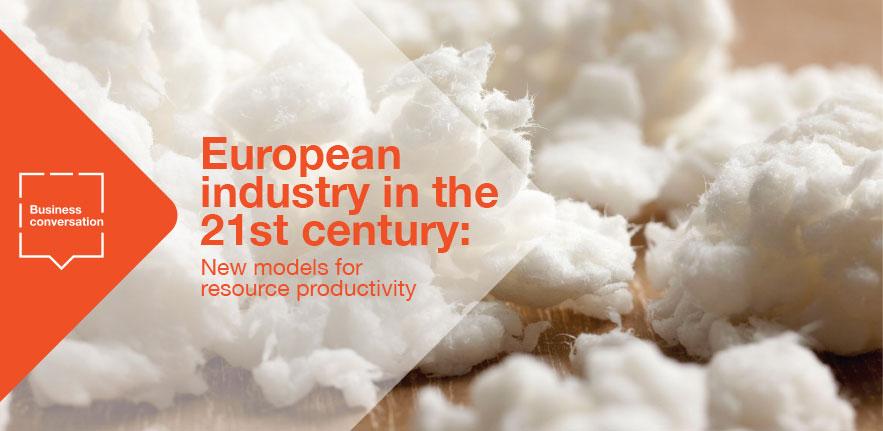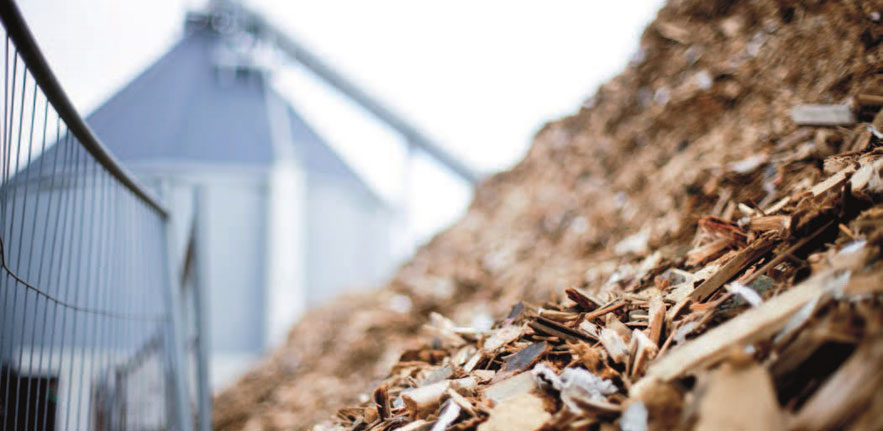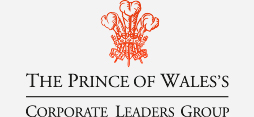
September 2017 – This report is based on interviews with companies that are using circular economy principles to reduce their exposure to risk, and to access new markets. It discusses some of the successful transformations and changes made, obstacles faced, and potential policies for overcoming those obstacles.
About
Businesses and governments from around the world are wrestling with how to do more with less – how to deliver business growth and increasing prosperity whilst respecting planetary limits. But more and more businesses have identified innovations and new business models for improving resource productivity, showing how it is possible to transform resource use and improve economic results at the same time.
This new report from The Prince of Wales’s Corporate Leaders Group (CLG) explores how leading European businesses are adopting new business models that deliver greater resource productivity and reduce waste, and what policy makers need to do to accelerate this transition and maximise the potential economic benefits.
All fourteen companies interviewed for the report are changing the way they operate: re-designing products to use fewer materials and last longer, choosing bio-based inputs, and reusing or recycling waste. They are responding to a context of diminishing natural resources, increasing supply chain vulnerability, and the need to reduce carbon dioxide emissions and environmental impact. The benefits include cost savings, enhanced reputation, and consumer loyalty.
This shift towards a more careful use of materials offers significant benefits for companies prepared to innovate. The EU Commission estimates that waste prevention, eco-design, re-use and similar measures could bring net savings of €600 billion, or 8 per cent of annual turnover, for businesses in the EU, and reduce annual greenhouse gas emissions by 2-4 per cent.
However if the EU is to make the most of this opportunity it needs to shift incentives, remove obstacles, and support these initial moves. The new EU Industrial Strategy next spring is the perfect opportunity to put this transformation at the heart of the EU’s economy.
Participants
The report is based on interviews with senior members of each of the following companies: 3M*, ACCIONA*, Anglian Water*, Coca-Cola European Partners*, Royal DSM*, EDF Energy*, GSK*, IKEA Group, Interface*, Interserve*, JLR*, Philips Lighting*, Sappi, Stora Enso* (* = CLG members)

Executive summary
We asked 14 companies to share their experiences and motivations for transitioning towards a business model that delivers greater resource productivity. Those companies are from a number of different sectors, and interviewees were asked what changes they are making, what the corporate drivers are, what challenges need to be overcome, and what kind of policies would assist them to make further transformations.
All companies interviewed are changing the way they operate: redesigning value chains and products to use less materials and to last longer, choosing innovative bio-based materials over fossil-fuel-based materials, and circling waste back into production processes. There is a focus on designing waste out of the system at an early stage, to avoid relying on end-of-life disposal activities. Business models are changing from selling a product to selling a function, or level of performance, allowing the company to retain ownership of the materials, and to move much quicker to provide customers with technology and product upgrades, staying ahead of the market.
The companies we spoke to describe a future economy that must support a growing number of people whilst working within the confines of diminishing reserves of critical finite materials, supply chains made vulnerable by climate and political instability, tightening environmental regulations and the urgent need to reduce greenhouse gas emissions to net zero.
For businesses looking to reduce their exposure to these risks, developing new business models based on circular economy principles can bring very real economic benefits: direct cost savings from improved resource productivity and new uses for ‘waste’, continued growth in increasingly regulated markets, improved market positioning where consumption trends are demonstrating increasing consumer awareness of impacts, and access to new markets with associated new jobs.
There are still systemic challenges slowing progress, such as the perceived secondary materials market failure, for plastics in particular. All companies recommended increased harmonisation of EU regulations affecting ‘waste’ definitions, treatment and potential reuse, as well as more sophisticated end-of-life landfill and incineration policies, to help create value for a better functioning secondary materials market. Cultural changes, including consumer behaviour, are also a challenge, with companies adopting many ‘nudge’ policies to affect consumer choices.
There was wide agreement on the need for more effective EU policies to help companies overcome these barriers, such as setting minimum design requirements, targeted tax measures for disposable items or to encourage repairs, more ambitious public procurement criteria, or reducing labour taxes in favour of resource taxes. All these policies have the common aim of moving the tax burden or the material decisions further up the value chain to stimulate solutions to minimise waste in the economy.
In summary, many companies are adapting now to meet current and future changes in consumer trends, government regulation and strategy; and to place themselves at the front of changing markets and expectations of corporate responsibility. Other companies would do well to examine this trend and consider its relevance to them. Governments can help support and accelerate this transition, guiding it towards the best impact on social and environmental goals.
Citing this business conversation
Please refer to this publication as University of Cambridge Institute for Sustainability Leadership (CISL). (2017). European industry in the 21st century: New models for resource productivity, Cambridge, UK: The Prince of Wales’s Corporate Leaders Group.





